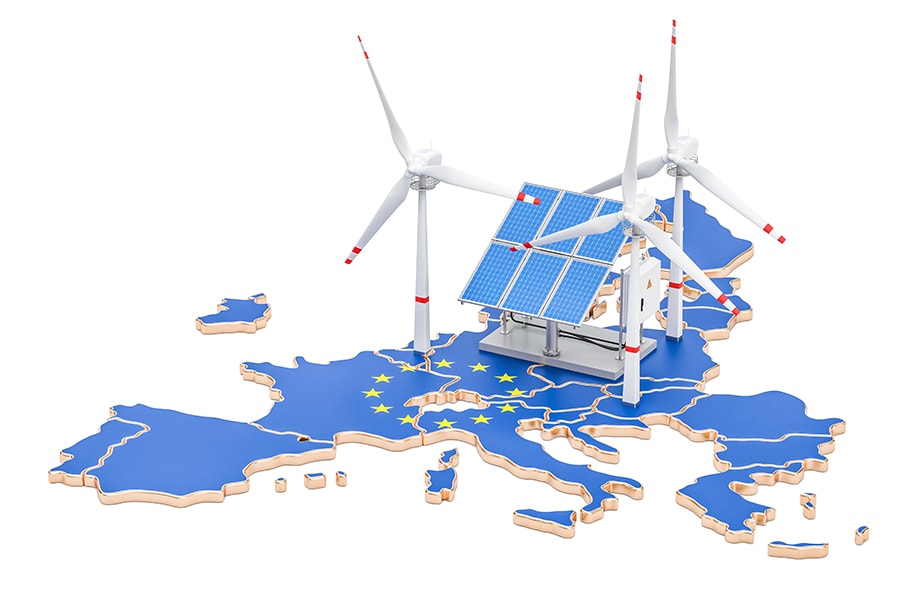
EU needs to recycle more to hit green energy goals
The 27-nation EU aims to be "carbon neutral" by 2050, and also wants to wean itself off dependence on Russian oil, coal and gas
 Image: Shutterstock
Image: Shutterstock
Paris, France: Europe must act fast to secure supplies of crucial metals required for a green energy transition and its best bet is to recycle, a report said Monday.
The 27-nation EU aims to be "carbon neutral" by 2050 — reducing greenhouse gases to a level where the amount produced is balanced out by the amount removed from the atmosphere.
The bloc also wants to wean itself off dependence on Russian oil, coal and gas.
To this end, it is seeking not only to use less energy but also to increase the amount of energy generated domestically from renewable resources.
That includes producing electric vehicles and batteries, bringing in more wind, solar and hydrogen technologies, and creating infrastructure to distribute this clean power.







